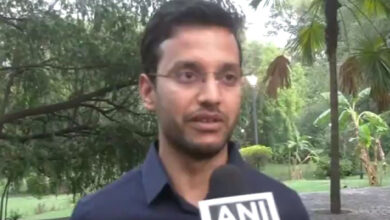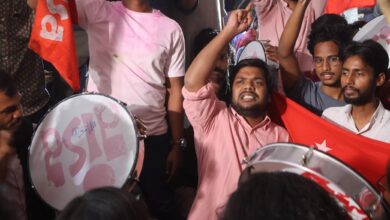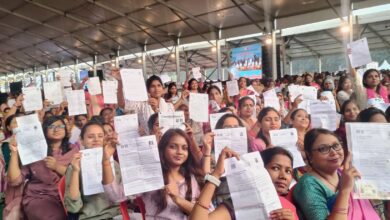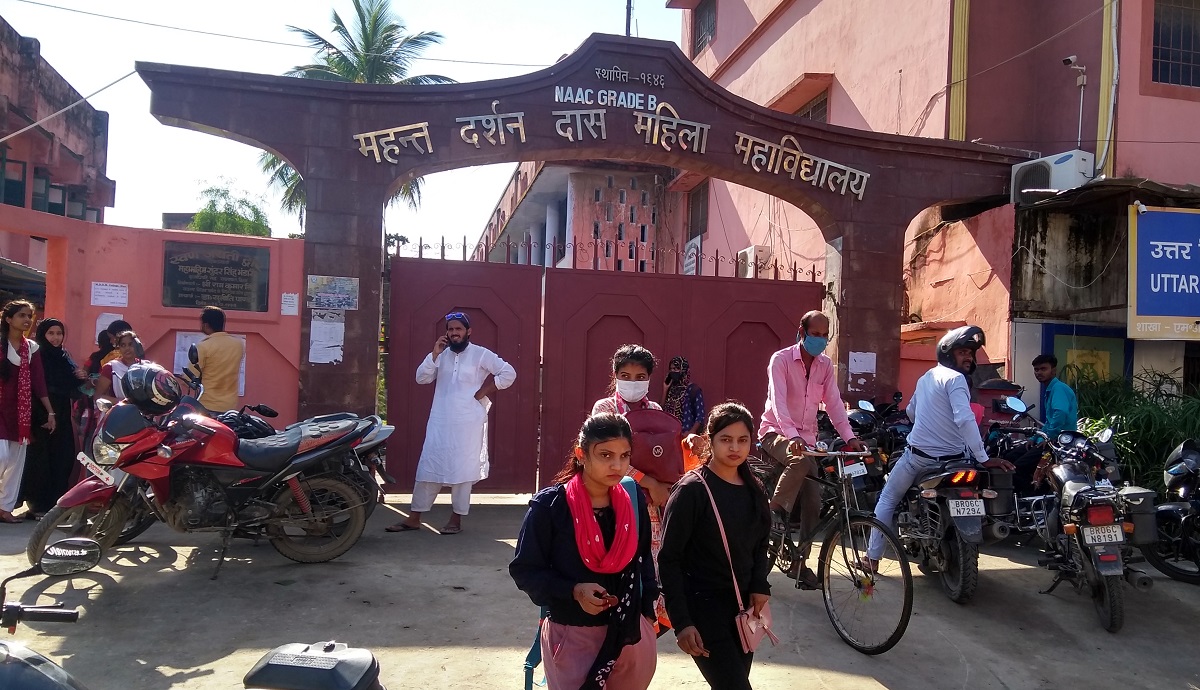UPSC is a waste of time. Large parts of bureaucracy are dull and boring, says Economist Sanjeev Sanyal
At a time when movies like 12th Fail are romanticising the effort involved in cracking the tough exam, Sanyal said youngsters should channel their energies elsewhere
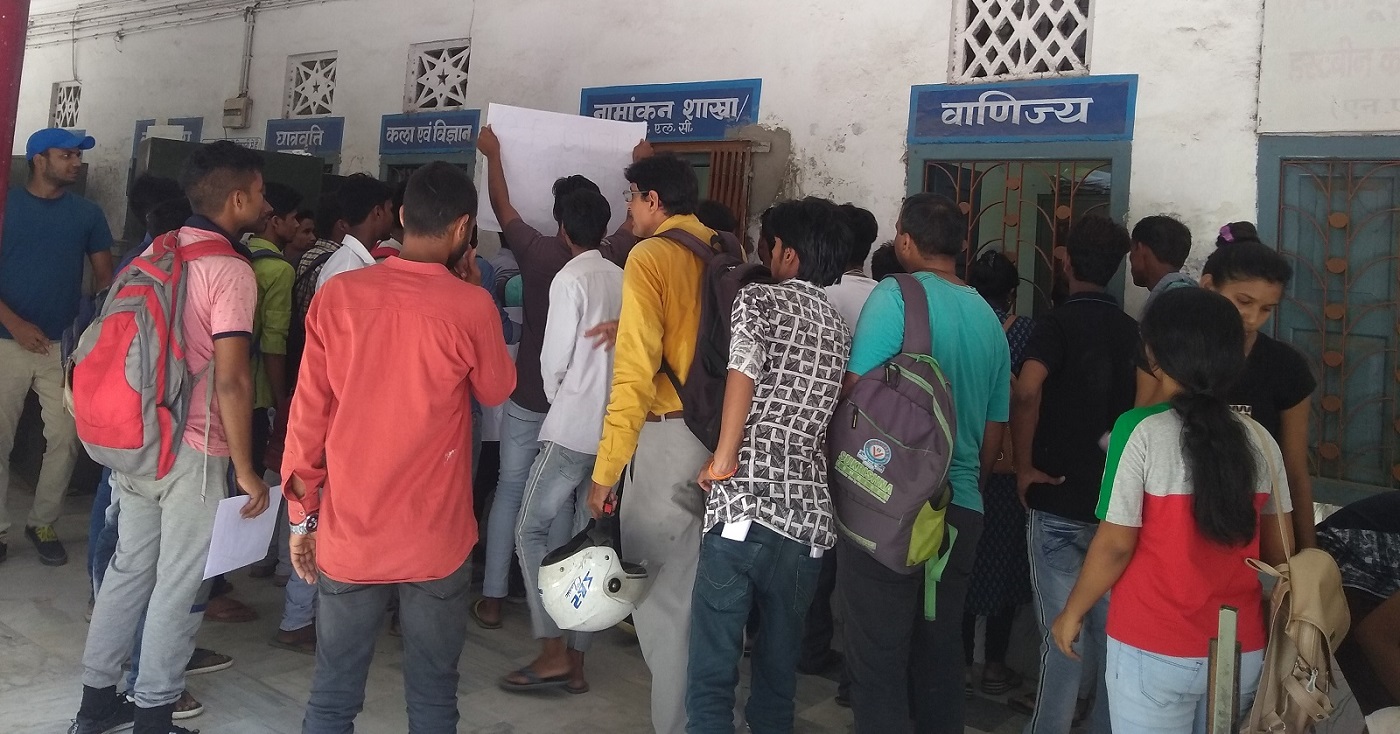
Economist Sanjeev Sanyal, a member of the Economic Advisory Council to the Prime Minister (EAC-PM), recently weighed on the loaded subject of whether preparing for the gruelling Union Public Service Commission (UPSC) exam is worth the effort or not.
In a conversation with Siddhartha Ahluwalia on his podcast ‘The Neon Show’, Sanyal said in unequivocal terms that “UPSC is a waste of time”.
Sanyal spoke on the ‘poverty of aspiration’ that India had suffered for decades and cited the examples of West Bengal and Bihar to illustrate his argument.
“Just like Bengal aspired to pseudo intellectuals and union leaders, Bihar aspired to small-time local goon politicians. In an environment where those are the role models, you can either become a local goon, if you don’t want to become a local goon, your way out is to basically become a civil servant,” Sanyal said.
“Although it’s better than being a goon, even that is a poverty of aspiration. If you must dream, you should dream to be Elon Musk or Mukesh Ambani, why do you dream to be a joint secretary? You need to think about how a society thinks about risk taking and scale and so on. I think one of the problems of say a place like Bihar is not that it had bad leaders, the bad leaders are reflection of what that society aspires for,” he added.
At a time when movies like 12th Fail are romanticising the effort involved in cracking the tough exam, Sanyal said youngsters should channel their energies elsewhere.
“I think way too many young kids who have so much energy are wasting their time trying to crack UPSC. I’m not saying you don’t want people to take the exam. Yes, every country needs a bureaucracy. That’s perfectly fine. But I think lakhs of people spending their best years trying to crack an exam, where a tiny number of few thousand people actually are going to get in, makes no sense. If they put the same energy into doing something else, we would be winning more Olympic gold medals, we will see better movies, better doctors, more entrepreneurs, more scientists and so on.
“I would say it’s a waste of time. And I always discourage people unless they really want to be an administrator, they shouldn’t take the UPSC exam. Many of them after having gone through it, then they get frustrated through the course of their career. In the end, life in bureaucracy is not meant for everybody. And large parts of it are largely dull and boring and about passing files up and down. Unless you really wanted to do it, you’re not going to be particularly happy with it.”
Ahluwalia said that in India it was unheard of that both husband and wife are entrepreneurs, which is now happening in “hordes and hordes and thus, Indian society on a whole is giving up security as a notion”.
Sanyal replied: “In the middle class, it has significantly changed. People are taking risks, and this is going back to my original point. This is an opening of mind, which is not just happening in that little space of entrepreneurship. This is a change of attitude and this change of attitude will manifest itself in everything.”
“It will manifest itself in science, it will manifest itself in music, in literature. There’s an explosion of Indian literature as well. All kinds of innovation will happen. Because we will naturally live in this world, where doing new things and so on is thought of being as a natural thing that people do and it is encouraged.”
Sanyal also spoke about the Indian intellectual life and academia not expanding the limits of knowledge.
“One of the things about Indian intellectual thing that will strike you is that when you go through a certain argument, the argument isn’t won by virtue of logic or evidence you bring. Ultimately, the argument is won by quoting authority, that Gandhi had said it or Ambedkar or said it or whoever happens to be your favourite great. That is not a society that is thinking in an expanding way. It has already decided that the ultimate has already been said by somebody and that is the limits of knowledge.”
Meanwhile, UPSC recently postponed the civil services preliminary examination to June 16 from May 26 due to the Lok Sabha elections.
The civil services examination is conducted annually by the UPSC in three stages — preliminary, main and interview — to select officers for the Indian Administrative Service (IAS), the Indian Foreign Service (IFS) and the Indian Police Service (IPS) among others.
The number of vacancies to be filled through this year’s examination is expected to be approximately 1,056, according to a UPSC notification issued last month.
The Lok Sabha polls will be held in seven phases starting April 19. Counting of votes will be on June 4.
(Source: moneycontrol)

